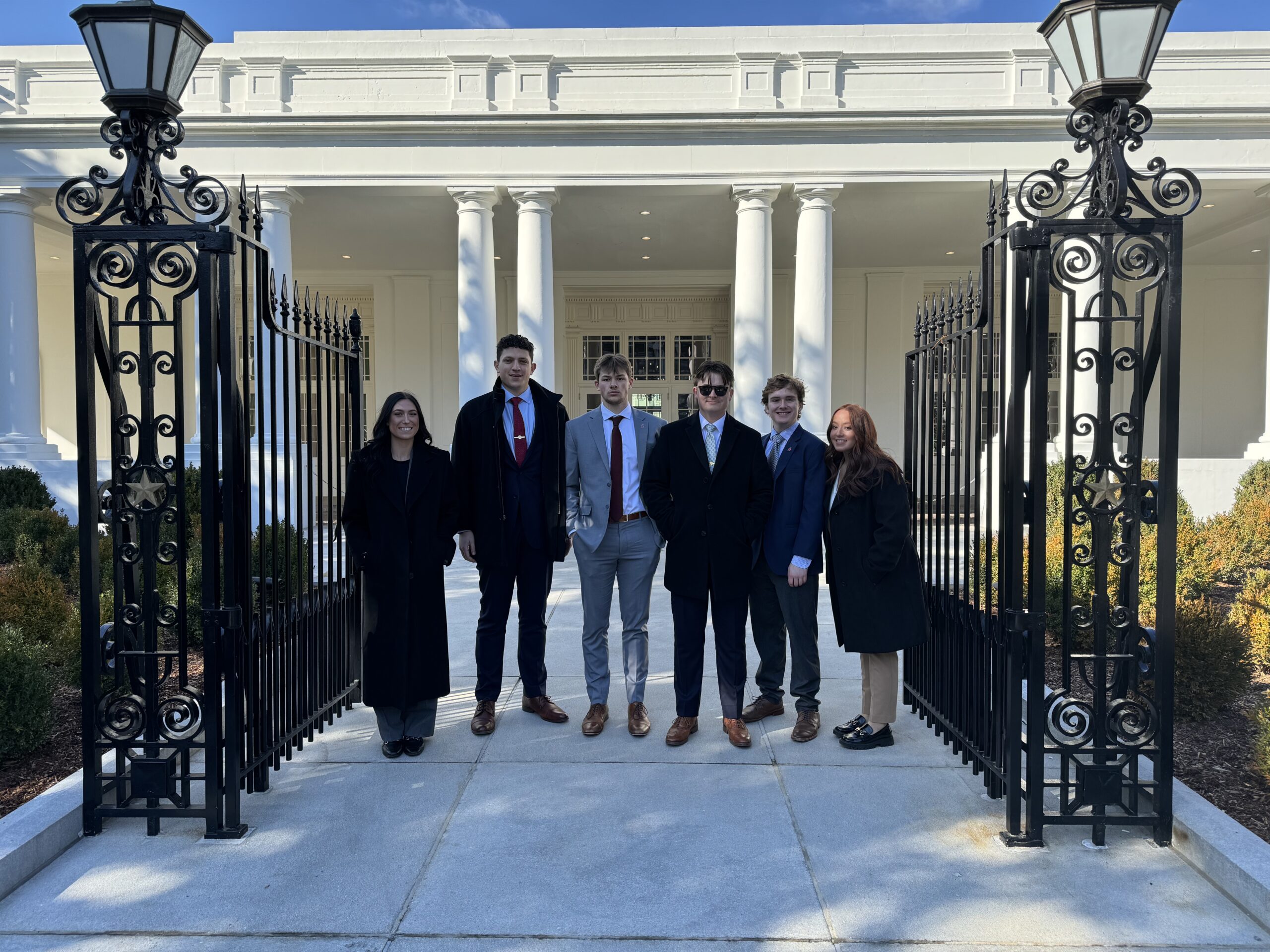
In an impactful visit to the nation’s capital, a delegation of Washington State University (WSU) student government leaders engaged in a series of meetings with lawmakers and other public officials to champion expansions in financial aid and discuss campus needs.
Championing financial aid enhancements
The team’s agenda was heavily focused on financial aid, with particular emphasis on the expansion of the Pell Grant program. The students advocated for an increase in the discretionary Pell Grant to $13,000 per student for FY 2025, aiming to bolster degree attainment, economic mobility, and state workforce development. They highlighted the recent $500 increase to the Pell Grant as a positive step but stressed the need for ongoing investment in Pell-eligible students.
With more than 104,000 Washington students benefiting from an average of $4,807 in federal Pell grant assistance as of October 2022, and over 50% of Pell recipients at WSU graduating within six years, the delegation underscored the program’s critical role in supporting student success. They also addressed the need for simplification in the financial aid application process, acknowledging efforts to streamline the FAFSA and urging for the elimination of existing barriers to access.
Addressing campus needs
Campus safety and security were also key points of discussion, with the students advocating for enhanced measures to ensure the well-being of the WSU community. They expressed gratitude for the support received from legislators in addressing campus safety concerns and submitted a support letter from ASWSU to emphasize their commitment to creating a secure environment.
Food and housing insecurity were also prominent topics, with the group highlighting student-driven initiatives like the Cougar Food Pantry and the Supporting Students Experiencing Homelessness (SSEH) Grant. These programs are vital in supporting students facing homelessness, housing insecurity, or challenges transitioning from foster care.
The students also raised the issue of hazing prevention, discussing the adverse effects of hazing at WSU and legislative efforts, at the federal and state levels, to combat this issue.
If you are a WSU student experiencing food or housing insecurity, please reach out to the student care team in the Office of the Dean of Students.
Key engagements
The visit included a series of meetings, starting with a Capitol tour facilitated by Senator Murray’s office. The group then met with Representative McMorris Rodgers’ legislative assistant, Kendall Dehnel, in the Rayburn House Office Building, where they discussed the pressing issues related to financial aid and campus needs.
Their advocacy continued with a meeting with Representative Pappas’ legislative assistant, Savannah Rogers, a former ASWSU President, reinforcing the strong ties between WSU and its alumni in legislative roles. The day concluded with a significant engagement with the American Council on Education (ACE) and a dinner meeting with Chief of Staff to Representative McMorris Rodgers, Jared Powell, also a former ASWSU President.
The following day, after a White House tour, WSU students had a lunch meeting with Senator Murray’s legislative aide, Abby Laver, at the WSU Federal Relations Office. This meeting was a key opportunity to directly convey their priorities and seek support for their initiatives.
The trip concluded with a meeting at the Department of Education, where the delegation met with key policy advisors from the Office of Postsecondary Education and other departments working on higher education issues. This meeting allowed WSU students to delve into specific educational policies and advocate for tangible changes to benefit their peers.
A unified voice for change
Organized by the Associated Students of Washington State University (ASWSU), the visit represented a concerted effort by the student body to engage directly with federal lawmakers and officials on issues impacting their education and well-being. Through personal stories, data-driven arguments, and strategic meetings, WSU students made a compelling case for increased support and investment in higher education.
As these students return to their campuses, they carry with them not only the experience of having directly engaged with policymakers but also the hope that their voices will lead to positive changes for the WSU community and beyond.